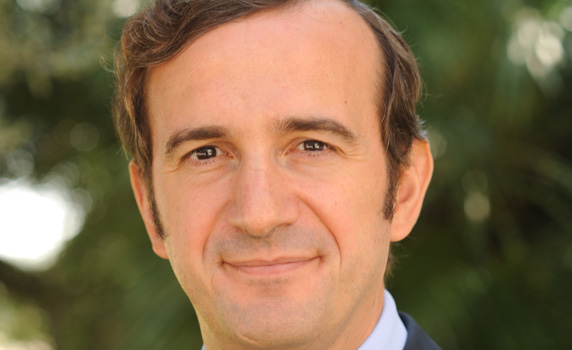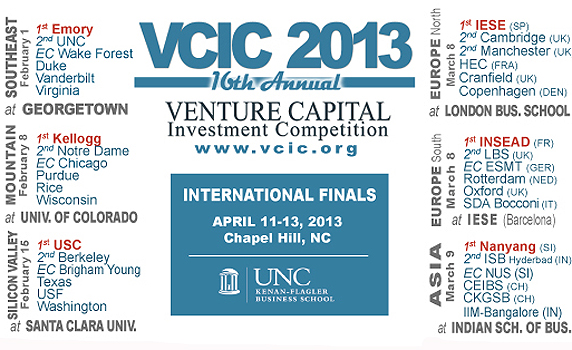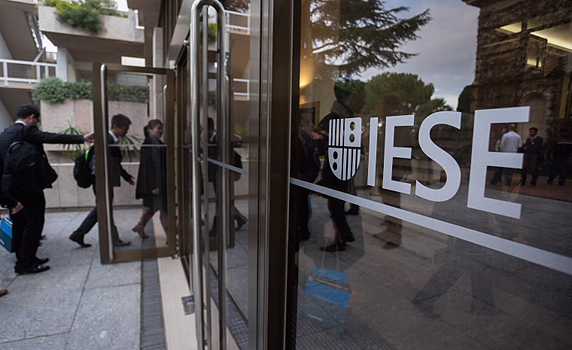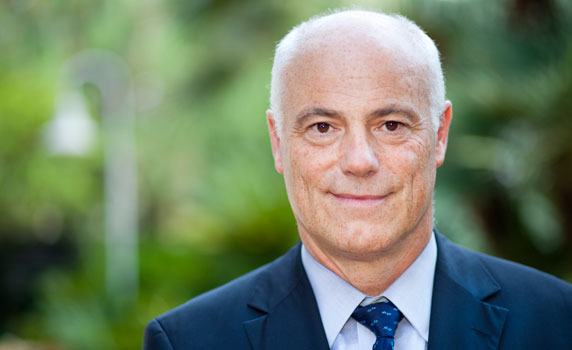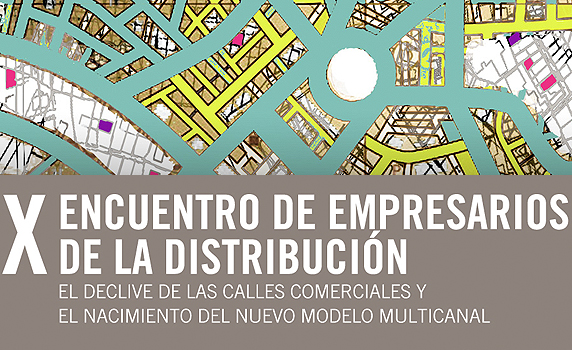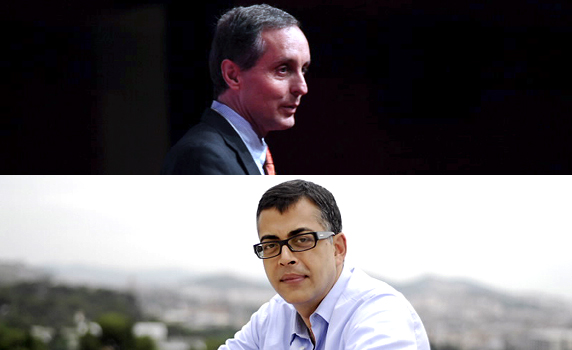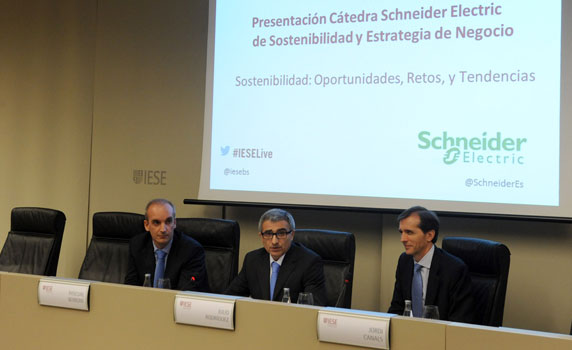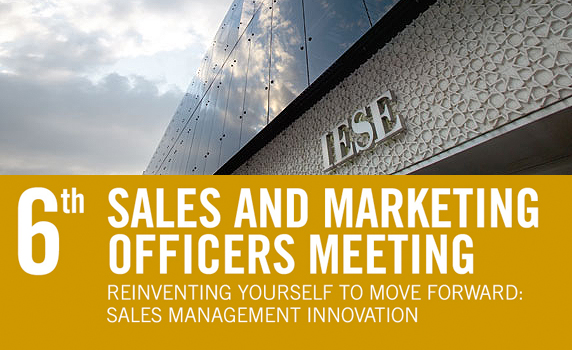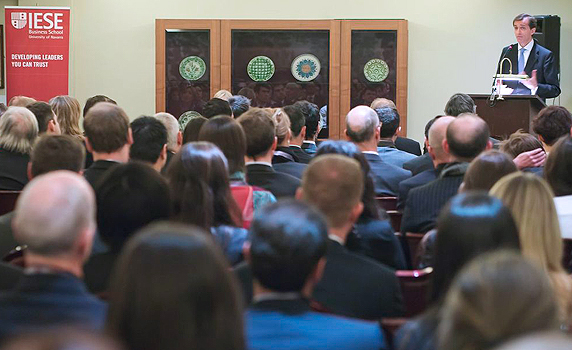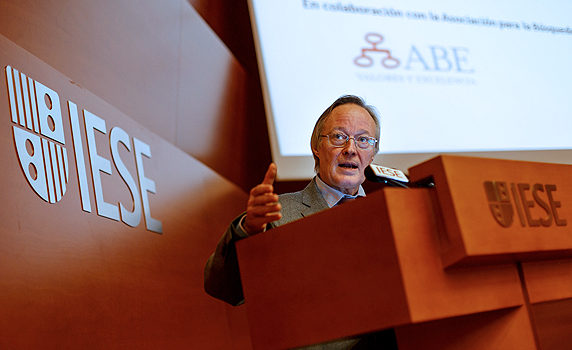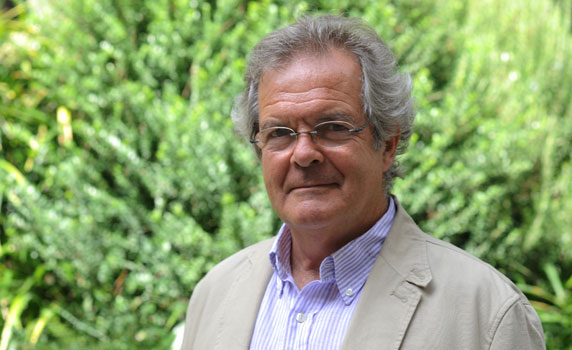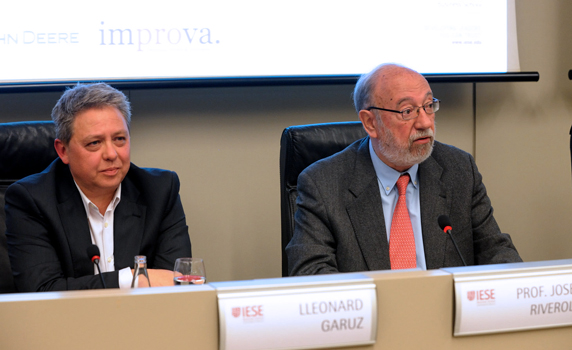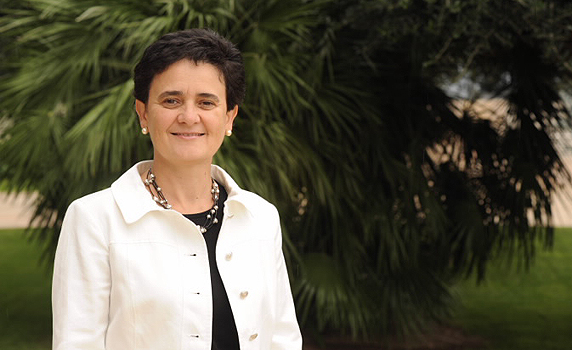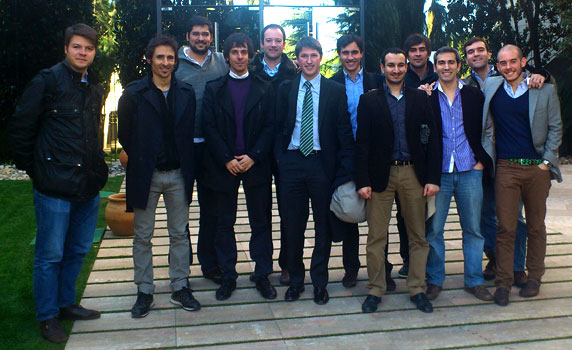
“We live in an increasingly changing world. People have to get used to change as a natural condition and to cope with this situation, you have to be an entrepreneur,” says Lucas Carné (MBA ’99), co-founder of Privalia, the online private sales club.
Carné’s remarks came during a special breakfast event organized by the organized by the MBASpanish Business Club on March 15 on IESE’s Barcelona campus.
When asked about medium-term start-up financing for start-ups following an initial launch, he stressed: “There is money, but it is in a very global marketplace. In some cases, the problem I see among Spanish entrepreneurs is that they aren’t motivated to pack up their suitcases and go to the UK, Germany or the United States to knock on the doors of foreign investors. You have to realize that, even though you are a Spanish start-up, you don´t have to get financing in Spain.”
He also discussed online shopping trends, particularly the level of “personalization” facilitated by the Internet. This new scenario allows companies to “maintain direct contact with the customer, and the flow of information among clients and the company in real time.”
Carné said he hopes that the opportunity for personalization will provide a new boost for local industries, since “the current concept of globalized production and total offshoring cannot satisfy a demand for just-in-time.”
Personalization “can help local industry - which is not as competitive in price, but is more flexible and faster – become stronger,” he said.
Carné said he is a strong believer in the multichannel concept: “to be strong in the physical area and online, taking advantage of each cannel to better know and serve your customer.” He added that the physical advertising environment will become digital.
Experience has taught him that “entrepreneurship is contagious.” For this reason, business schools should “nurture contacts” among students who are at different phases of entrepreneurial projects. He also urged business schools to provide more opportunities for students to gain practical experience at start-ups, as well as encourage more new ventures – instead of large multinationals, consultancies or banks - to hire MBAs.
Reflecting on his own MBA experience, Carné said students today are less focused on traditional careers and are more interested in alternative paths, such as helping lead small or new enterprises or creating their own companies.
Overall, “IESE MBA students have always been pretty entrepreneurial. At least, when I go to other schools, I see the level of curiosity that you find about entrepreneurship is incomparable,” he said.
Carné said his visit to IESE was “refreshing.”
“It’s good to be surrounded by young people who want to do things and conquer the world, and who have curiosity about what you do and why you’ve been successful. It’s a breath of fresh air in your daily life,” he said.
Carné also said he wanted to do his part in helping prepare the next generation of entrepreneurs. “I like to know how young people see the world and I hope that I have been an inspiration because, in the end, the future of this country lies mostly in the ability of companies to generate wealth. And this depends on the creation of successful companies.”
